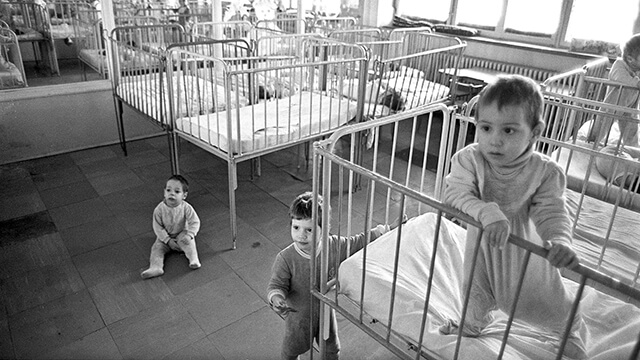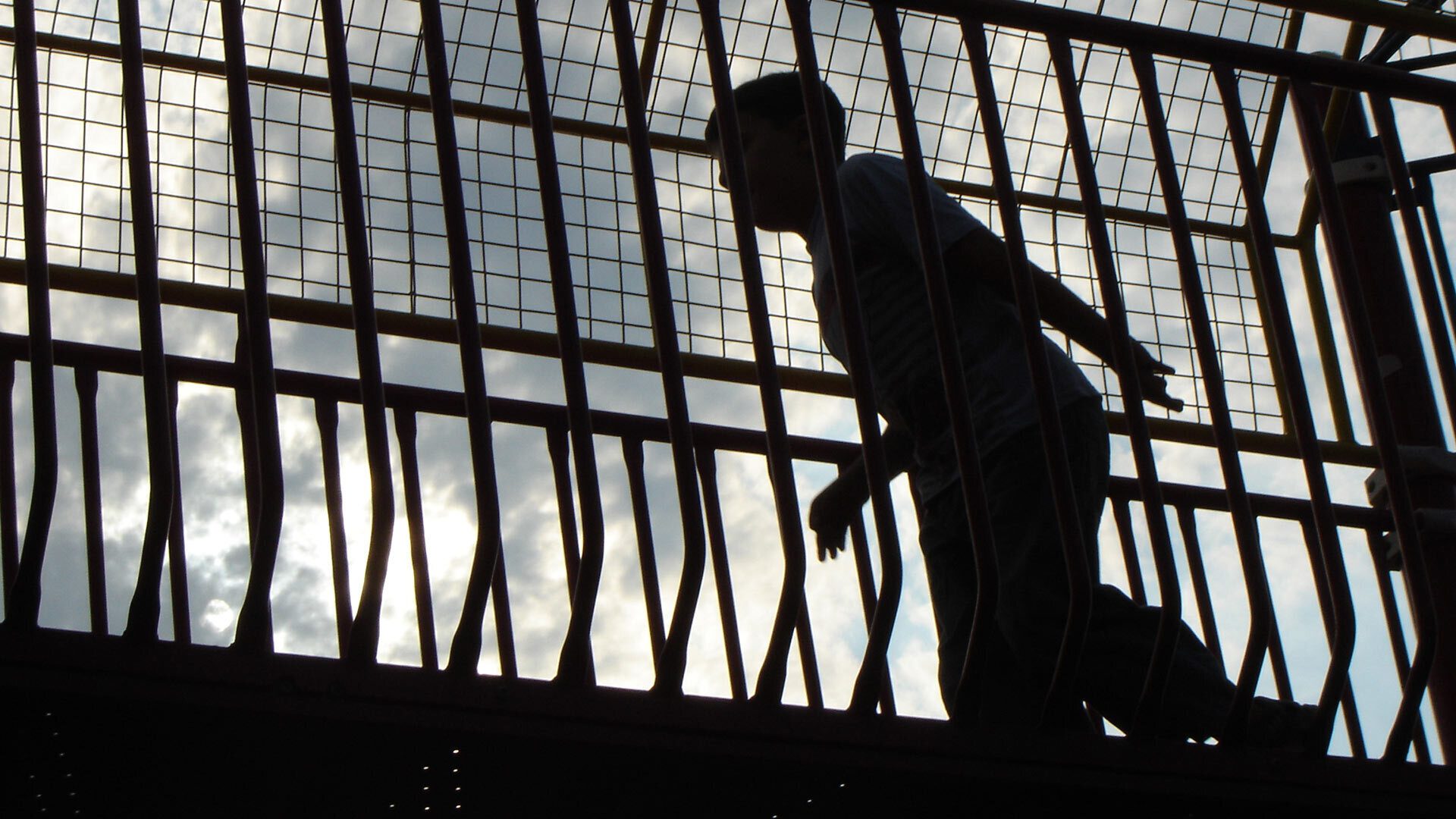- September 26, 2018
- By Audrey Hill
Since early May, the U.S. government has separated thousands of children, including babies and toddlers, from their parents or other caregivers attempting to bring them across the U.S. border with Mexico and sent them to shelters. While some children have been reunited with their families, The New York Times reported this month that the number of detained migrant children had reached 12,800—the highest since the separation policy was implemented.
Nathan A. Fox, a Distinguished University Professor in the College of Education, conducted important research as part of the Bucharest Early Intervention Project. Beginning in 2000, it has assessed the effects on children living without caregivers in overstuffed Romanian orphanages, following the fall of a dictator who had banned contraception in a push for high birth rates.
But the same lessons apply to the current situation at the U.S.-Mexico border, he said in an interview, which has been edited and condensed for publication in Maryland Today.
What's the research basis for your observations about what happens when children are separated from caregivers?
We went to Romania, where there were a large number of children who were living in institutions, and looked at their psychiatric outcomes and cognitive and social functioning. They had been abandoned at birth by their families and placed by the government into very large institutions where they got adequate clothing and shelter, but almost no social interaction and no responsive caregiving.
How does this relate to separations at the U.S. southern border?
This is similar to the situation for kids in the compounds who are being separated from their families at the border. They may be getting adequate shelter, nutrition and clothing, but in terms of having the kind of sensitive, responsive caregiving that is necessary for adequate and adaptive social and emotional and cognitive development, they’re not getting it.
What is the effect on children?
The consensus of the scientific data is that separating an infant or young child from their caregivers early in life has significant negative consequences for their social and intellectual development and is a precursor for the development of significant psychiatric problems as they get older. They become either extremely fearful and withdrawn, or they display oppositional, aggressive types of behaviors starting very early in life. Separating a young child from his or her attachment figures is a recipe for disaster in terms of the psychological development of these children over time.
Does a child’s age matter, or how long separation lasts?
It’s harder, the younger the child is at separation. And the consequences are worse the longer the separation occurs. If it’s a couple days in length, obviously that’s not great, but the majority of young and older children will bounce back. If the separation is for a number of weeks, it becomes more difficult and if it is for a number of months, it’s very stressful and can have significant prolonged consequences for those children’s development and psychiatric status.
Is there any way to help children who’ve experienced these effects?
One of the unique aspects of the Bucharest study is we also measured brain functioning and brain structure and connectivity. We found that early adversity affected the development of the brain and brain functioning, but that intervention, particularly early intervention, could remediate some of those early adverse effects.
What lessons can the United States learn from your research?
The reason that we believe that our Bucharest study is important for U.S. child policy is that there’s a significant amount of child maltreatment that goes on in this country, and the biggest percentage of child maltreatment is neglect. It’s not physical or sexual abuse, although those do occur, but it’s what we call neglect. And neglect is exactly what we see in the institutionalization of the children at the U.S. border—it’s the absence of positive, social responsive, warm loving caregiving.
We have got to get them out of these congregate care situations, in which their physical needs may be taken care of, but their psychological and their social and emotional needs are not.
Topics
ResearchUnits
College of Education